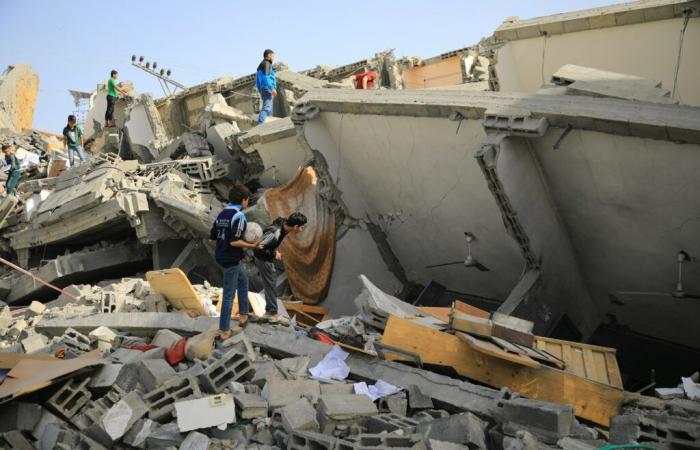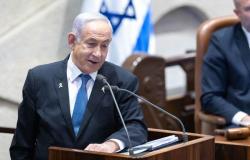– Advertisement –
The question of hostages held by Hamas remains one of the most sensitive subjects on the Israeli political agenda. Since the October 2024 military offensive, Hamas has held several dozen Israelis captured during cross-border raids. This situation has intensified tensions within Israeli society, exacerbated criticism of Benjamin Netanyahu's government and raised fundamental questions about the country's strategic choices.
A situation that continues
For several months, Hamas has used the hostages as leverage to negotiate important concessions, including the release of Palestinian prisoners held in Israel. These captives include civilians, military personnel and residents of kibbutzim located near the Gaza Strip. Hamas is also demanding a reduction in the blockade imposed on Gaza, adding a humanitarian and economic dimension to the conflict.
The Israeli government, led by Benjamin Netanyahu, claims to be actively working to obtain the release of the hostages, but progress remains limited. According to sources close to the talks, indirect discussions, mediated by third countries such as Egypt and Qatar, are underway. However, these efforts are hampered by a lack of mutual trust and persistent tensions on the ground.
Opposition criticism
The political opposition in Israel, led by Benny Gantz and Yair Lapid, accuses Netanyahu of not giving the necessary priority to this crisis. These critics point to a military strategy deemed ineffective, which would have worsened the situation without offering concrete solutions.
“The prime minister seems more focused on staying in power than resolving the hostage issue,” Yair Lapid said at a news conference. This criticism echoes a growing feeling among the population, who criticize the government for its lack of transparency on the real efforts undertaken.
Growing societal pressure
The families of the hostages also played a crucial role in the public debate. Regular protests outside government headquarters in Tel Aviv are demanding faster and decisive action. Banners displaying the faces of the hostages accompanied by the message “Give them back to us” have become a symbol of collective impatience.
This social pressure highlights internal divisions in Israeli society. While some support a hard line against Hamas, others call for compromises to speed up the release of captives. These differences reflect broader debates over Israel's strategic choices vis-à-vis Gaza.
A contested military strategy
The offensive launched in response to Hamas attacks in October 2024 was presented by the government as a necessary operation to guarantee Israel's security. However, this military strategy has failed to eliminate the threat posed by Hamas, and cross-border attacks continue.
Additionally, the use of massive airstrikes has drawn international criticism for its impact on civilians in Gaza. These actions, although aimed at military targets, further complicate efforts to achieve a diplomatic solution and increase the complexity of hostage negotiations.
The role of international mediators
Countries like Egypt, Qatar and Turkey are playing a central role in the discussions. Egypt, for example, has facilitated several prisoner exchanges in the past, and its geopolitical positioning makes it a key player.
However, these mediations are only progressing in small steps. Hamas continues to use hostages as leverage to obtain significant concessions, reducing the space for quick agreements. Meanwhile, the families of the captives remain in anguish and uncertainty.
– Advertisement –






